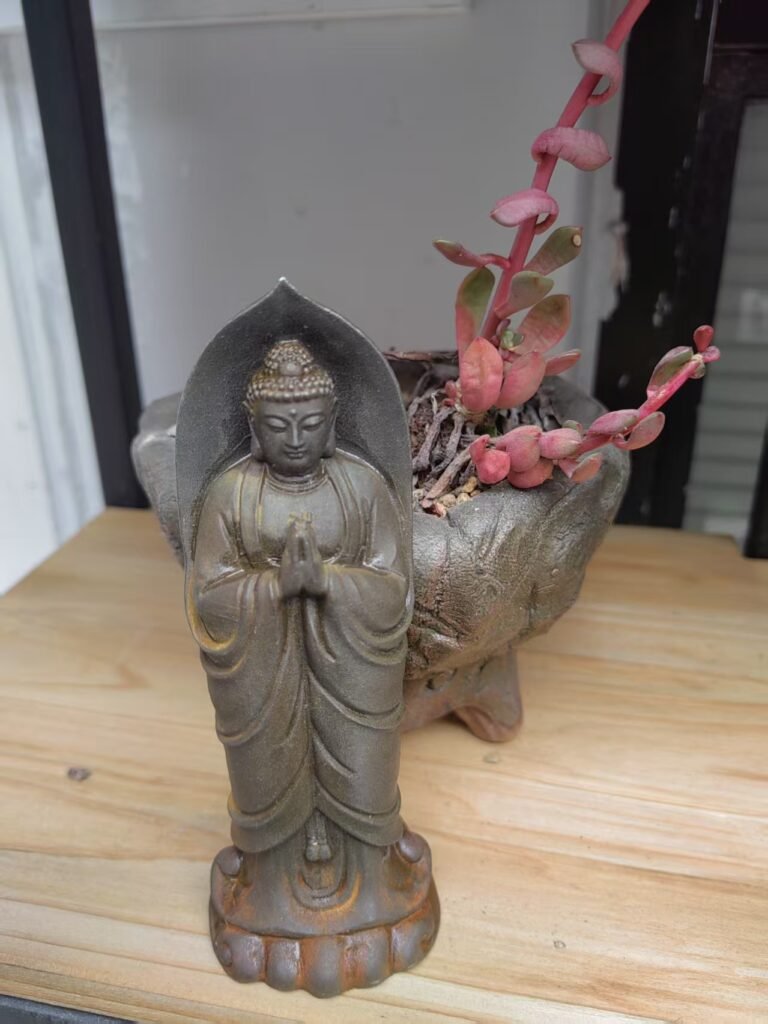The Ultimate Good: Examining Humanity’s Search for the Greatest Objective
The idea of the ultimate good, which symbolizes humanity’s search for the highest good, ultimate virtue, or a condition of perfect living, is profoundly philosophical and cultural. This concept is prevalent in both Eastern and Western literature, philosophy, and religion and is a key topic in conversations about happiness, morality, and the meaning of life.

Background of the Ultimate Good in Philosophy
The concept of the ultimate good (“Summum Bonum”) in Western philosophy was first proposed by the ancient Greek philosopher Aristotle. He stated in his Nicomachean Ethics that eudaimonia, or happiness, is the ultimate goal of all human endeavors. However, this happiness is a state of realizing human potential rather than just fleeting pleasure. According to Aristotle, virtue and reason work together to produce the highest good.
Confucianism is a school of Eastern philosophy that emphasizes the pursuit of the ultimate good as an internal moral goal. “The way of the Great Learning lies in illuminating one’s virtue, loving the people, and attaining the highest good,” according to The Great Learning, implying that the ultimate good is the highest objective in terms of individual development, family harmony, government, and international peace. The ultimate good encompasses both moral perfection and an internal spiritual awakening in addition to an external behavioral standard.
Religion’s Ultimate Good
The ultimate good is frequently seen by religions as the pinnacle of faith or divinity. Christians believe that God is the incarnation of the ultimate good, and they use their faith and moral behavior to try to live in accordance with God’s will and the ultimate good.
The state of Nirvana, where one is completely liberated from ignorance and suffering and achieves inner peace and enlightenment, is considered the ultimate good in Buddhism. Compassion and wisdom are important routes to the highest good in this process.
The Ultimate Good’s Current Context
The idea of the ultimate good is no longer limited to philosophy or religion in contemporary society; rather, it is strongly associated with globalization, social advancement, and human growth. The following are a few ways that the ultimate good appears in the contemporary world:
Personal Development and Happiness: The attainment of a happy existence and the recognition of one’s own value are considered to be the ultimate good. For instance, one can improve their inner fulfillment and pleasure by pursuing knowledge and truth and fostering their physical and mental well-being.
Morality and Social Responsibility: Taking care of others and advocating for justice and fairness are examples of the ultimate good on a societal level. The ultimate good is a condition of reciprocal benefit, and the happiness of an individual is intimately related to the well-being of society.
Ecology and Sustainable Development: The concept of peaceful coexistence with nature is also included in the ultimate good in today’s globalized society, where environmental concerns are becoming more and more pressing. Achieving intergenerational justice and preserving the environment are two other goals of the highest good.
How to Put the Ultimate Good into Practice
It is possible to gradually achieve the ultimate good by taking the following actions:
Self-reflection and self-cultivation: One can make sense of their ideals and objectives by considering their behavior and inner intents.
Cultivating virtue is the process of consistently exercising and integrating virtues like justice, kindness, and courage into day-to-day activities.
Contributing to society is doing good deeds or providing social services that make people happy while also increasing one’s own sense of fulfillment.
Pursuing Knowledge: Broadening one’s perspective by education and investigation in order to gain a deeper comprehension of the universe and life.
In conclusion
A universal human ideal is the greatest good. Every person can pursue this admirable objective in their life, regardless of their culture or background. In addition to achieving personal satisfaction, we may also make the world and society more beautiful and bright by cultivating ourselves, helping others, and balancing with nature.
